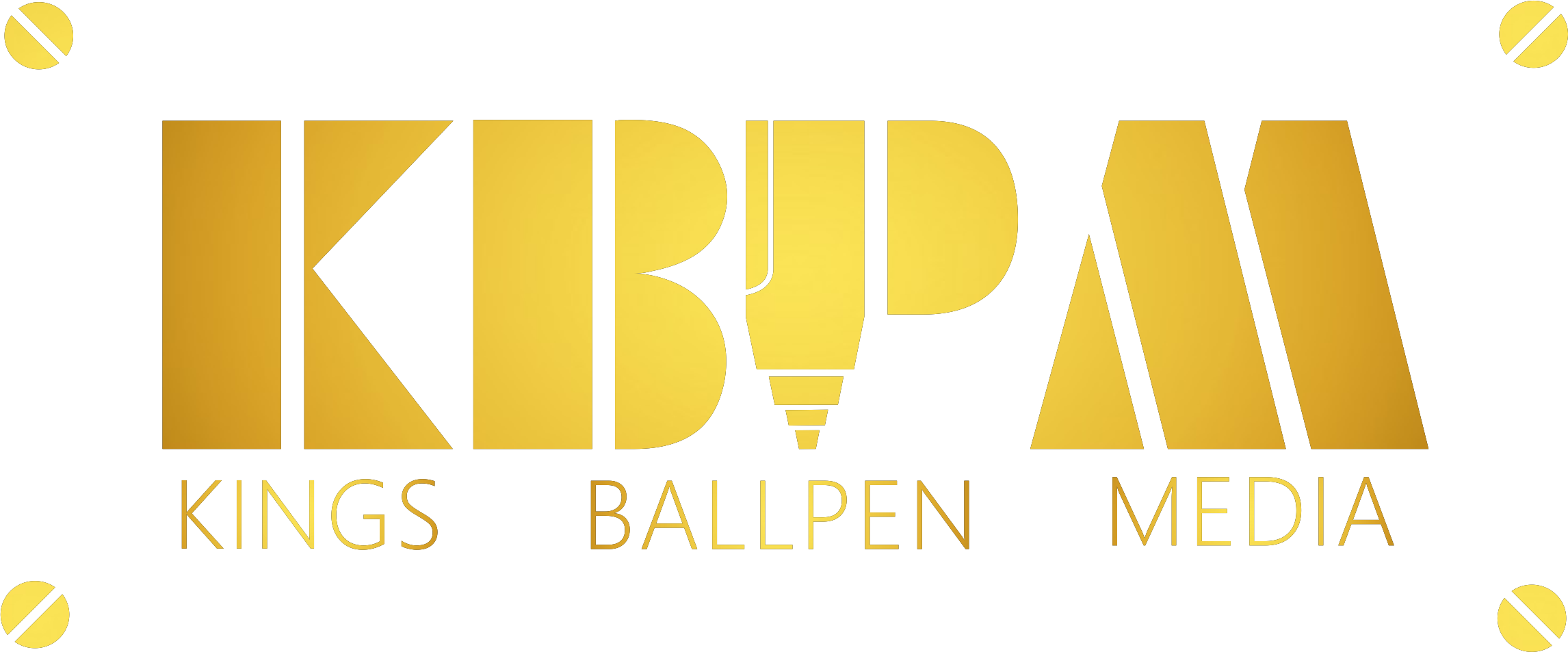In this article, we will discover the meaning of a company profile, why your business needs it and how it can serve as a powerful marketing tool.
What is a Company Profile?
A company profile also referred to as a corporate profile is an essential tool for any business, as it helps to establish credibility and transparency with potential customers, partners, and investors. It typically includes information such as a company’s history, mission and vision, products and services, and contact information. A well-written company profile can also assist in differentiating a company from its rivals and highlighting its unique value proposition. Additionally, it serves as a reference for the company’s employees, stakeholders, and the general public. Simply put, a company’s profile is integral to its branding and marketing strategy.
The information included in a company profile can vary depending on the company and its target audience, but it may include the following:
- Company history and background.
- Mission statement and values.
- Products and services offered.
- Industry or market in which the company operates.
- Members of the management team and their respective positions and duties.
- Financial information such as revenue and growth.
- Awards, certifications, and other relevant accreditation.
- Links to social media and websites.
- Contact information includes an address, telephone number, and email address.
A company profile can be used in a variety of ways, including:
- As a marketing tool to attract new customers and business partners.
- As a means of introducing the business to prospective investors.
- As a means of disseminating information to customers and vendors.
- As a means of informing employees about the company’s mission, vision, and objectives.
- As a way to showcase the company’s achievements and successes.
Why do you need a company profile?
A company profile can serve several important purposes for a business, including:
- Attracting new customers: A well-crafted company profile can showcase a business’s products, services, and values, making it more appealing to potential customers.
- Building trust: A company profile can provide detailed information about a business’s history, mission, and values, which can help build trust with customers and other stakeholders.
- Improving visibility: Having a company profile can improve the visibility of a business, especially on platforms such as LinkedIn, Google and other online directories.
- Attracting investors: A company profile can provide important financial and operational information that can be used to attract potential investors.
- Establishing a professional image: A professional-looking company profile can help a business establish a positive image and reputation.
- Facilitating communication: A company profile can provide clear and accurate contact information, making it easier for customers and other stakeholders to get in touch with the business.
- Competitive advantage: Having a company profile that is well-crafted and detailed can give a business a competitive advantage over others in the same industry.

What type of businesses needs a company profile?
A corporate profile is useful for firms of many sizes and types, such as:
- Small businesses: A company profile can help small businesses introduce themselves to potential customers and attract new business.
- Start-ups: A company profile can be an important tool to attract investors and build a reputation in the industry.
- Large businesses: Large businesses can use a company profile to showcase their products, services, and achievements, and to attract new customers and partners.
- Non-profits: Non-profits can use a company profile to introduce their organization and mission to potential donors and supporters.
- Service-based businesses: Service-based businesses such as consulting, accounting, and legal firms can use a company profile to showcase their expertise and attract new clients.
- Product-based businesses: Product-based businesses such as manufacturers and retailers can use a company profile to showcase their products and attract new customers.
- B2B and B2C businesses: Both B2B and B2C companies can use a company profile to introduce their business and offerings to potential partners, customers, and investors.
What are the differences between a company profile and a company brochure?
A company profile and a company brochure are both marketing tools that provide information about a company, but they have some key differences:
- Purpose: A company profile is typically used to provide detailed information about a company to potential customers, partners, investors, and other stakeholders. It is often used as a marketing tool to help promote the company and attract new business. A company brochure, on the other hand, is typically used to promote specific products or services.
- Content: A company profile typically includes detailed information about the company’s history, mission, values, products, services, key management team members, financial information, and contact information. A company brochure, on the other hand, focuses on specific products or services and includes information such as features, benefits, pricing, and contact information.
- Audience: A company profile is typically intended for a wide range of audiences, including potential customers, partners, investors, and other stakeholders. A company brochure is typically intended for a specific audience, such as potential customers or partners.
- Format: A company profile is often a detailed document, such as a PDF or a webpage, while a company brochure is often a more visual and condensed document, such as a leaflet, tri-fold brochure or catalogue.
In summary, a company profile provides a comprehensive overview of a company and its operations, while a company brochure focuses on specific products or services, and is designed to promote those products or services to a specific audience.



Leave a Reply